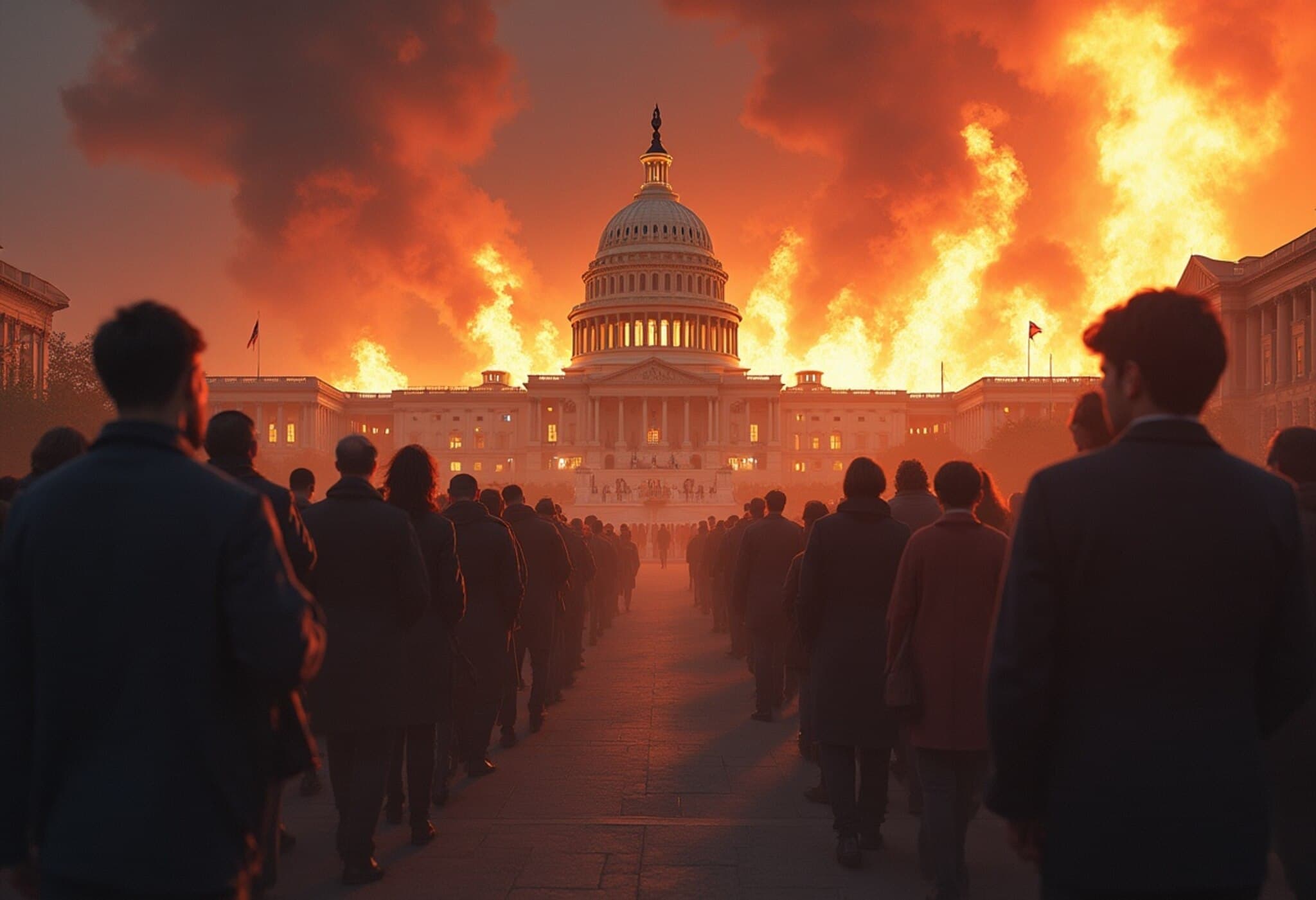Texas House Passes Controversial Redistricting Map Backed by Trump
In a move that has sparked intense political debate and protests, the Republican-controlled Texas House approved a new congressional redistricting map on Wednesday. This redrawn map, advocated by former President Donald Trump, comes after weeks of persistent opposition from Democratic lawmakers who criticized the plan as undermining fair representation, particularly for communities of color.
Legislative Battle Played Out Over Voting Rights and Political Power
The bill’s passage marks a significant step in Texas’s mid-decade redistricting process, a rare but increasingly common political strategy. After clearing the House, the bill is expected to swiftly pass the Republican-majority Texas Senate, potentially reshaping the state’s political landscape well before the next scheduled census redraw.
Democrats erupted in protest during this runoff battle, filing numerous amendments aimed at stalling or altering the legislation, all of which were overruled. They also challenged procedural conditions, including police escorts required when leaving the House chamber — a security measure that incidentally trapped Representative Nicole Collier on the floor when she refused such an escort, livestreaming her defiant stand from a legislative bathroom.
Gerrymandering Debates and Legal Implications
At the heart of the dispute is the allegation that the redistricting plan dilutes the voting power of Black and Hispanic Texans. Democrats, including Representative Chris Turner, have openly condemned the effort as a blatant violation of the Voting Rights Act, accusing Republicans of engaging in classic "cracking" and "packing" tactics to disadvantage minority voters.
Republican lawmakers, however, have dismissed claims of racial bias. They cite an increase from seven to eight districts where Hispanic voters form the majority, arguing the revisions align with recent Supreme Court rulings, particularly in Rucho v. Common Cause, which allow political considerations in redistricting. Representative Todd Hunter, who authored the bill, emphasized transparency and acknowledged political performance as a guiding factor, stating: "We are allowed to draw congressional districts based on political performance, as recognized by the US Supreme Court."
Broader Political and National Ramifications
This Texas redistricting saga is part of a wider redistricting arms race between battleground states. Notably, California, under Democratic leadership, is preparing countermeasures. The California legislature plans to vote on bills intended to "neutralize" Texas’s move by possibly adjusting their own congressional maps if Texas or another Republican-led state moves forward prematurely. This tit-for-tat strategy shines a light on the increasingly partisan nature of redistricting in the United States, raising profound questions about fair representation, electoral integrity, and minority voting rights transcending geography.
The Democratic exodus from the Texas legislature last month, aimed at denying quorum to block redistricting, drew national attention but ultimately ended as California's opposing bills gained traction. This inter-state political tug-of-war underscores how redistricting has evolved from a routine legislative task into a critical battlefield shaping American democracy for years to come.
Expert Insight: The Complex Art of Redistricting
Redistricting is a delicate and complex process requiring lawmakers to balance political interests with legal protections, especially regarding racial and ethnic minorities. While political gerrymandering has been permitted within limits, it remains contentious, given its direct impact on election outcomes and the composition of legislative bodies.
As voting rights battles continue to unfold in courts and statehouses, observers note the risk of escalating partisanship undermining voter confidence nationwide. Ensuring transparency and public trust in these processes will be critical challenges moving forward.
Editor’s Note
The Texas House's approval of a Trump-supported redistricting plan amidst fervent protests exposes the deep divisions in American politics over voting rights and fair representation. This ongoing battle is emblematic of broader national trends where electoral maps are wielded as strategic tools—raising essential questions about democracy’s future. Readers are encouraged to consider the implications of partisan redistricting on minority communities, electoral competitiveness, and the legal framework governing these decisions.















